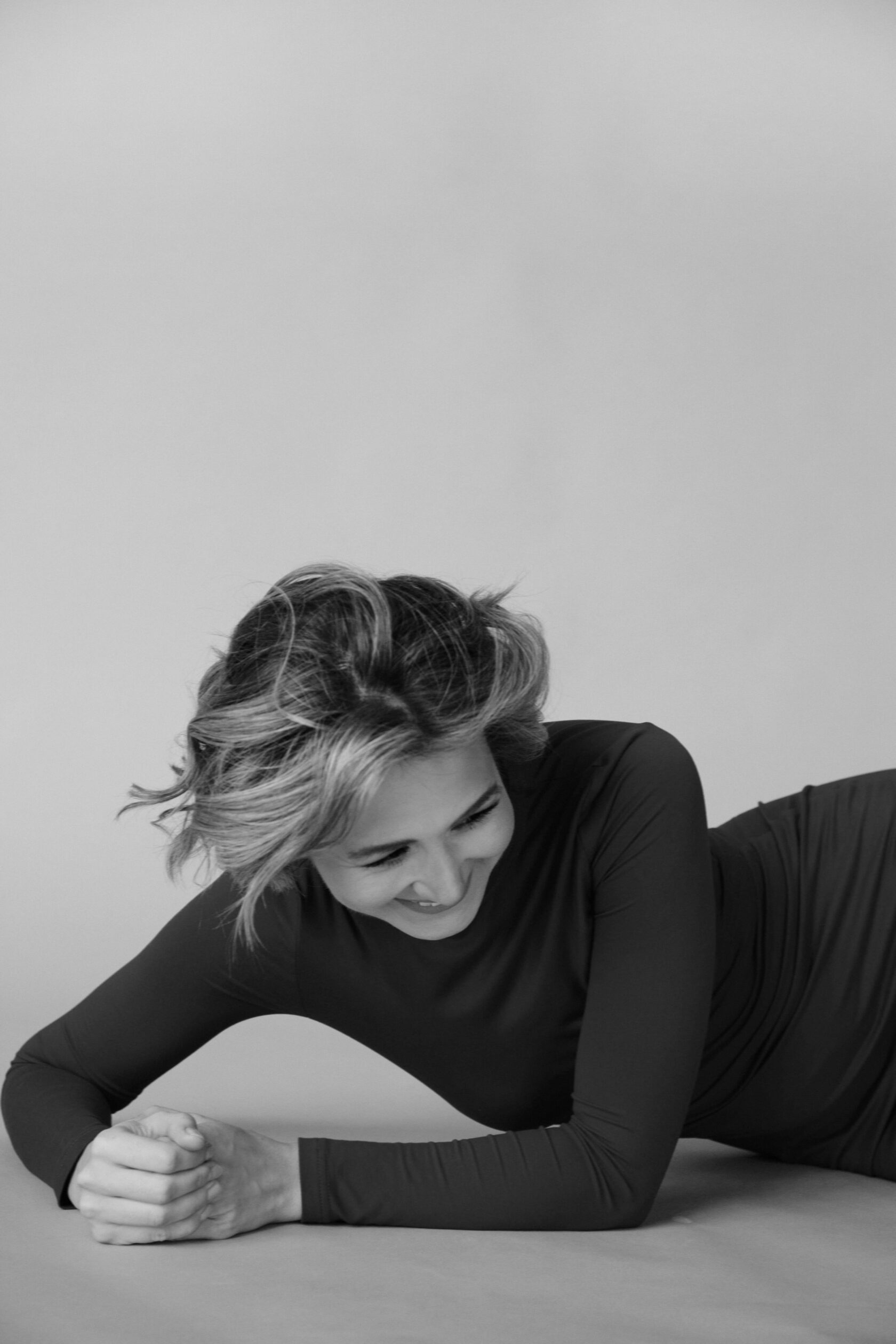The ultimate goal of healing is to regain the ability to experience happiness, which is always present within us. All of us seek true happiness, though we often look for it in different places.
Consider Elena, who equates happiness with romantic love, believing it solely depends on her relationships with men. She thinks that falling in love with her betrothed will bring her happiness. Yet, when a crisis occurs, her sense of happiness crumbles, revealing its fragile foundation. Despite telling stories of four husbands and her continued unhappiness, Elena persists in seeking happiness through new relationships, hoping for an ideal, conflict-free partnership.
Natalya, on the other hand, is convinced that happiness lies in wealth. She believes that happiness is unattainable without money, and thus, she sacrifices her health and personal life, working tirelessly. Even at the age of 40, she feels that the money she has is never enough, as her needs and desires grow with every promotion. This continuous "marathon of happiness" leaves her questioning if she will ever truly find happiness.
Olga believes that possessing the latest and most luxurious items equates to happiness. Her home is filled with the newest fashion and luxury goods, yet she continues to work for more, believing each new acquisition will bring her true happiness. This cycle of consumption fails to satisfy her deep-seated need for contentment.
For Oksana, happiness is centered around her children. She dedicates her life to caring for and spending time with them. However, as they grow and seek independence, she feels a profound sense of loss, unable to find happiness outside of her role as a mother.
Marina finds her happiness in professional success and recognition. Despite her fame and accolades, she feels an inner emptiness at home, questioning the true nature of her happiness.
Irina associates happiness with beauty and youth, investing in numerous cosmetic procedures to maintain her appearance. Despite her efforts, she remains dissatisfied, chasing an elusive standard of perfection.
Catherine, meanwhile, believes happiness must come from within and focuses on self-development without sharing her energy with others. She fails to realize that happiness, like energy, needs to flow freely to be truly fulfilling.
So, where is true happiness found? How can one find it? Does it even exist?
Each woman searches for happiness in external sources, overlooking the simple truth that true happiness is found within our hearts. When we shift our focus from the external world to our inner selves, we discover the happiness that resides within.
Achieving happiness is not a matter of luck, karma, a fortunate partnership, or fate. It is not solely the ultimate goal of life or a reward for good deeds. Instead, happiness requires effort and conscious choice. It is easier to succumb to suffering and complain than to change oneself and one's attitudes. Happiness demands that we appreciate the present, open our hearts, and make positive choices every day.
Our happiness depends on where we direct our attention and the choices we make each day. We can choose to focus on what gives us strength and energy, to share this energy, and to emit this invisible light, even in the face of difficulties.
Ultimately, the decision to be happy or to suffer lies with us. Our habits often control us, a topic that will be explored further in the next article. Being happy is not a passive state but an active pursuit, a daily mental exercise, and a responsibility. It's about making a conscious decision to find joy in every moment, despite the challenges we may face.
Consider Elena, who equates happiness with romantic love, believing it solely depends on her relationships with men. She thinks that falling in love with her betrothed will bring her happiness. Yet, when a crisis occurs, her sense of happiness crumbles, revealing its fragile foundation. Despite telling stories of four husbands and her continued unhappiness, Elena persists in seeking happiness through new relationships, hoping for an ideal, conflict-free partnership.
Natalya, on the other hand, is convinced that happiness lies in wealth. She believes that happiness is unattainable without money, and thus, she sacrifices her health and personal life, working tirelessly. Even at the age of 40, she feels that the money she has is never enough, as her needs and desires grow with every promotion. This continuous "marathon of happiness" leaves her questioning if she will ever truly find happiness.
Olga believes that possessing the latest and most luxurious items equates to happiness. Her home is filled with the newest fashion and luxury goods, yet she continues to work for more, believing each new acquisition will bring her true happiness. This cycle of consumption fails to satisfy her deep-seated need for contentment.
For Oksana, happiness is centered around her children. She dedicates her life to caring for and spending time with them. However, as they grow and seek independence, she feels a profound sense of loss, unable to find happiness outside of her role as a mother.
Marina finds her happiness in professional success and recognition. Despite her fame and accolades, she feels an inner emptiness at home, questioning the true nature of her happiness.
Irina associates happiness with beauty and youth, investing in numerous cosmetic procedures to maintain her appearance. Despite her efforts, she remains dissatisfied, chasing an elusive standard of perfection.
Catherine, meanwhile, believes happiness must come from within and focuses on self-development without sharing her energy with others. She fails to realize that happiness, like energy, needs to flow freely to be truly fulfilling.
So, where is true happiness found? How can one find it? Does it even exist?
Each woman searches for happiness in external sources, overlooking the simple truth that true happiness is found within our hearts. When we shift our focus from the external world to our inner selves, we discover the happiness that resides within.
Achieving happiness is not a matter of luck, karma, a fortunate partnership, or fate. It is not solely the ultimate goal of life or a reward for good deeds. Instead, happiness requires effort and conscious choice. It is easier to succumb to suffering and complain than to change oneself and one's attitudes. Happiness demands that we appreciate the present, open our hearts, and make positive choices every day.
Our happiness depends on where we direct our attention and the choices we make each day. We can choose to focus on what gives us strength and energy, to share this energy, and to emit this invisible light, even in the face of difficulties.
Ultimately, the decision to be happy or to suffer lies with us. Our habits often control us, a topic that will be explored further in the next article. Being happy is not a passive state but an active pursuit, a daily mental exercise, and a responsibility. It's about making a conscious decision to find joy in every moment, despite the challenges we may face.

